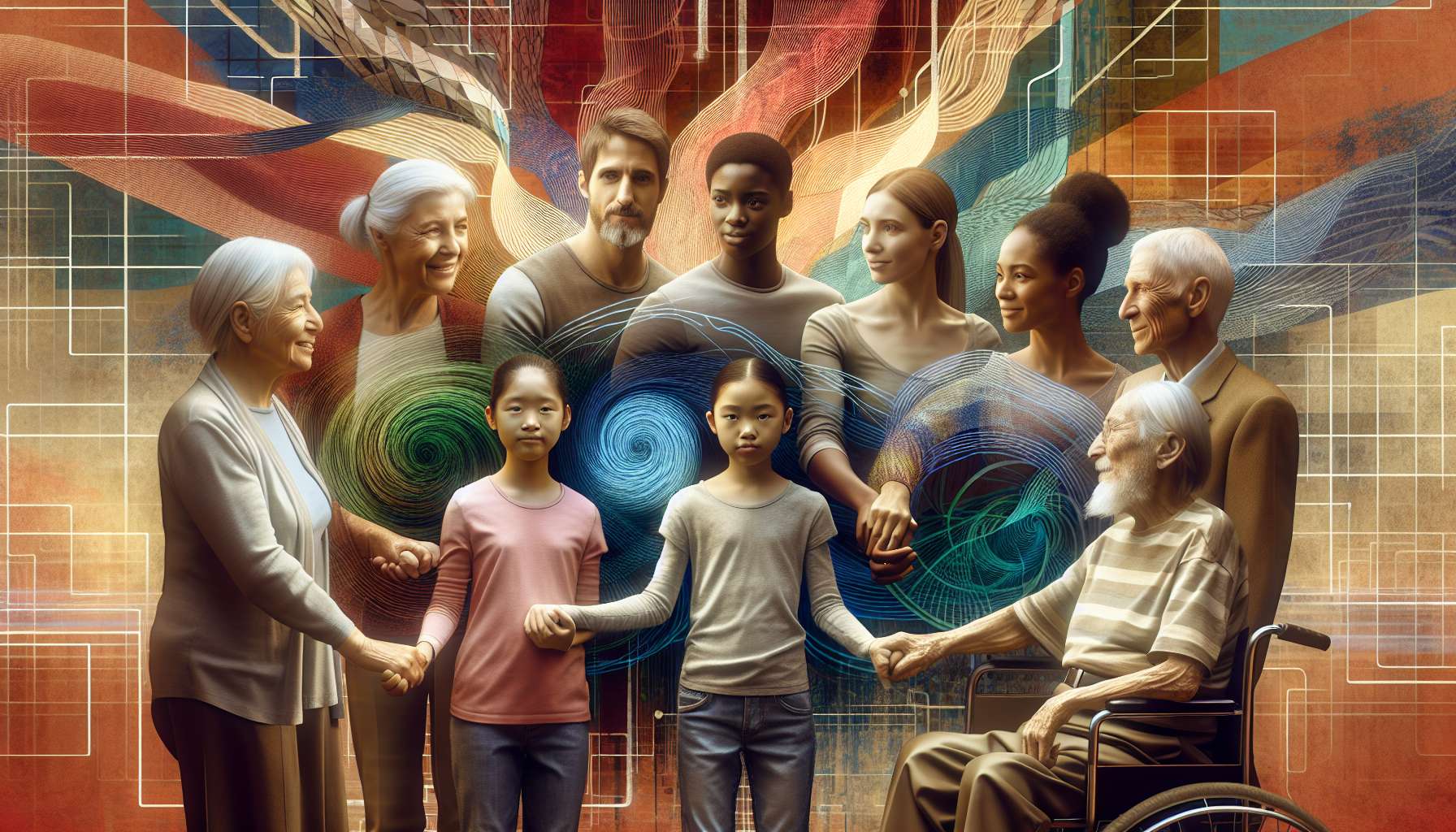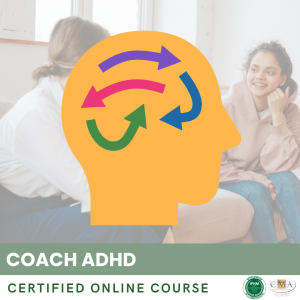Intersectionality is key to understanding and leading LGBTQ+ struggles today. Theorized by American lawyer Kimberlé Crenshaw in the late 1980s, intersectionality refers to how different systems of oppression and discrimination intersect and mutually reinforce each other. It encourages us to think about identities not in a compartmentalized way, but in their complexity and interactions.
Therefore, a black lesbian woman does not experience sexism, racism, and homophobia separately, but a specific oppression that results from the intersection of these different power relations. Similarly, a gay man with a disability will face discriminations related to both his sexual orientation and his disability, which cannot be understood separately. Intersectionality therefore calls for a careful analysis of power systems and privilege, showing how they combine to produce inequalities and injustices.
In the field of LGBTQ+ struggles, the intersectional approach has highlighted the diversity of experiences and needs within communities. It has shown that not all LGBTQ+ people are equal in the face of discrimination, and that some experience specific forms of oppression due to their race, social class, gender, age, religion, etc. For example, racialized LGBTQ+ people face discrimination in predominantly white LGBTQ+ environments, but also homophobia and transphobia within their communities of origin. LGBTQ+ people who are precarious or undocumented encounter difficulties accessing healthcare, housing, or employment, which are compounded by family and social rejection related to their sexual orientation or gender identity.
Intersectionality has allowed for questioning a homogenizing and normative vision of LGBTQ+ identities, often centered on the experiences of middle-class white gay men. It has given a voice to the margins of communities, bringing forward new demands and political subjects. In the 1970s, the Combahee River Collective, a group of black lesbian feminists, stated in its manifesto: “We are fighting against racist, sexist, heterosexist and class oppression, and we see as our particular task the development of an integrated analysis and practice based on the fact that the major systems of oppression are intersecting.” More recently, collectives such as STAR (Street Transvestite Action Revolutionaries) in the United States or Mwasi in France have articulated the fight against transphobia, racism, and poverty.
Intersectionality has also led to a rethinking of the organization and struggle strategies of LGBTQ+ movements. It has highlighted the need to decompartmentalize fights and build alliances with other social justice movements, such as feminism, anti-racism, the working-class movement or decolonial struggles. It’s not just about adding fights, but about thinking about their intertwining and convergence. For example, the fight for LGBTQ+ rights cannot ignore a reflection on capitalism and the commodification of identities, as shown by the critique of “pinkwashing”, which involves companies or states instrumentalizing the LGBTQ+ cause for image or profit purposes. Similarly, the fight against police violence cannot ignore the overexposure of racialized and/or trans LGBTQ+ people to harassment and racial profiling.
Practically, intersectional approach has given rise to new activist practices, aimed at creating more inclusive spaces and deconstructing power relations within movements themselves. Examples include the implementation of non-mixed “caucus” allowing people facing specific oppression to meet among themselves, or the establishment of speaking turns giving priority to the most discriminated people. “Guidelines” or anti-oppression charters are also developed to ensure respect and safety for everyone at activist events. The challenge is to make diversity a strength and not an obstacle, by recognizing differences while building common solidarity.
But intersectionality raises debates and resistances within LGBTQ+ movements. Some fear a fragmentation of fights and a loss of the universal dimension of the struggle for equal rights. Others point to the risk of essentializing identities, which would freeze individuals into rigid categories without taking into account their agency and ability to define themselves. The question of ranking and comparing oppressions is also debated: can we say that a white lesbian is more privileged than a black gay man? How to articulate the different scales of oppression without relativizing or competing them?
As sociologist Éric Fassin points out, “intersectionality is not a magic recipe, but a starting point to think about the complexity of the social world and the power relations that traverse it.” It invites us to be constantly vigilant about our own privileges and blind spots, as well as to constantly question our certainties and modes of action. Far from weakening LGBTQ+ struggles, it gives them greater political reach, including them in a project of global emancipation that leaves no one behind. In a time when extreme rights and religious fundamentalisms make”gender theory” and “LGBT ideology” their favourite targets, the intersectional approach is more relevant than ever to build a united and supportive front against backlash.
Key Points:
– Intersectionality, a key concept in LGBTQ+ struggles, refers to the intertwining and mutual reinforcement of different systems of oppression and discrimination. It invites us to think about identities in their complexity and interactions.
– The intersectional approach has highlighted the diversity of experiences and needs within LGBTQ+ communities, showing that not all people are equal in the face of discrimination. It has challenged a homogenizing and normative vision of LGBTQ+ identities.
– Intersectionality has led to a rethinking of the organization and struggle strategies of LGBTQ+ movements, emphasizing the need to decompartmentalize fights and build alliances with other social justice movements.
– New activist practices have emerged, aimed at creating more inclusive spaces and deconstructing power relations within movements, such as non-mixed caucuses or anti-oppression charters.
– Intersectionality also raises debates about the risks of fragmentation of fights, essentialization of identities, and ranking of oppressions. But far from weakening LGBTQ+ struggles, it gives them a broader political reach, by including them in a project of global emancipation.
👉 To download docx (Editable) file click here : Click here
👉 To download PDF file click here : Click here
👉 To download MP3 file click here : Click here







